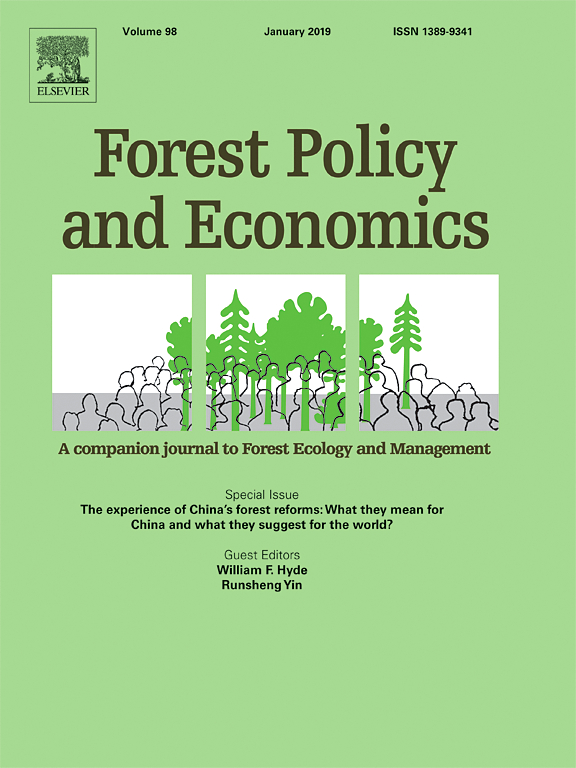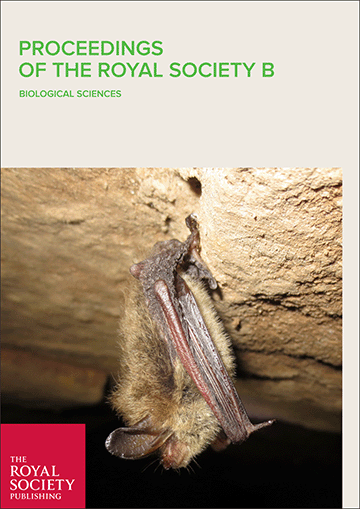Taking a critical social-constructivist perspective and highlighting the power of ideas in forest landscape restoration (FLR) governance, this historically informed contribution seeks to unpack the different rationales at play in global FLR governance. Drawing on three interlinked analytical dimensions—institutions, interests, and ideas (3Is)—the chapter elaborates on three (de)legitimizing narratives of FLR (win-win, implementation, critique) and on the underlying institutions and interests in which their discursive power rests. Based on the 3Is, we identify and critically discuss three key distinct logics that drive FLR policy and practice: (i) the global sustainability logic, (ii) the community logic, and (iii) the production logic. We conclude that if the inherent historical power structures in FLR design and implementation are not recognized and addressed, then the currently dominant FLR logics are likely to produce many “win-lose” or “lose-lose” projects.
DOI:
https://doi.org/10.1093/9780197683958.003.0003
Puntuación Altmetric:
Dimensiones Recuento de citas:



















